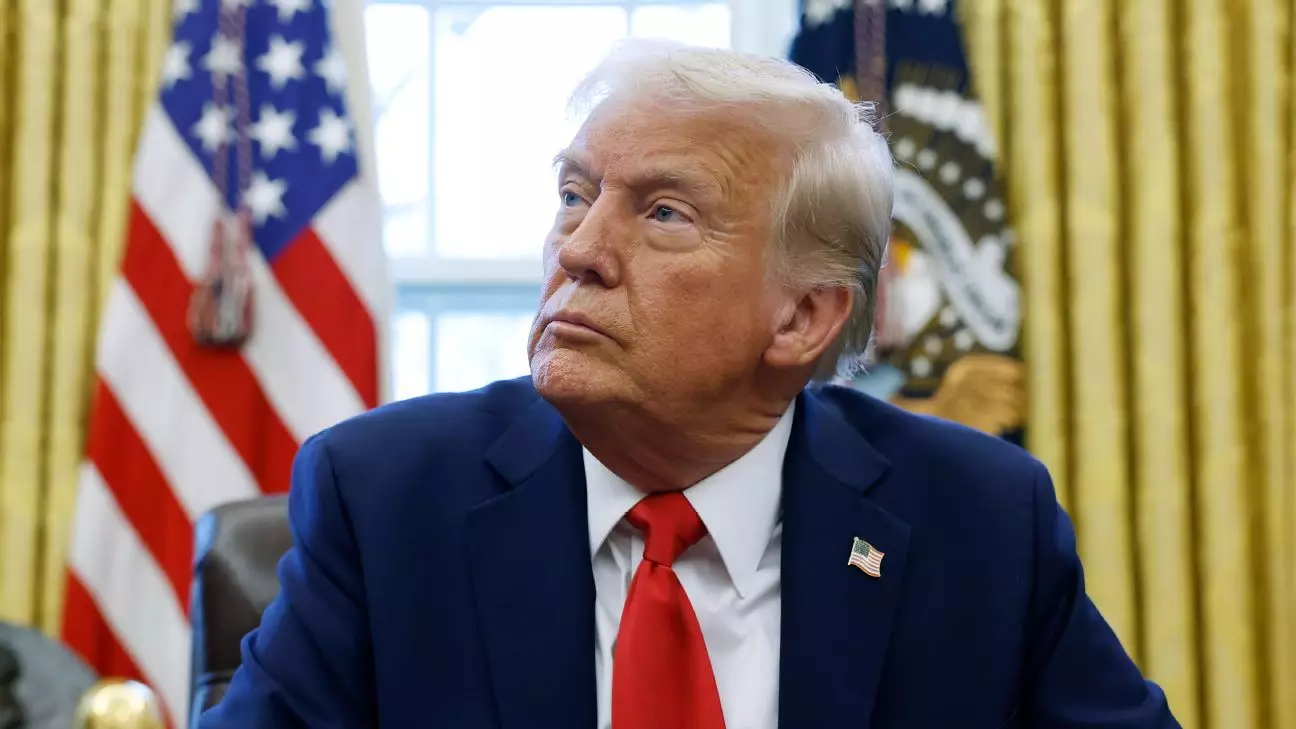For the first time in history, a sitting U.S. president, Donald Trump, will attend the Super Bowl, taking place in New Orleans. This unprecedented event marks a notable intersection between politics and popular culture, reflecting both the influence of the presidency in American life and the cultural significance of the Super Bowl as a national spectacle. The participation of a sitting president is a move that elevates the status of this annual sporting event, providing a new dimension to its reach and impact.
The U.S. Secret Service has prepared meticulously for Trump’s attendance, signaling heightened security protocols. Anthony Guglielmi, a spokesman for the agency, indicated that their teams have been operational in New Orleans for several days to ensure that the event proceeds without any security incident. This year’s arrangements are particularly robust, given the unique nature of the visit, and fans can expect detailed updates regarding security procedures. It is essential to note that such security enhancements underscore the potential risks associated with hosting a current president in a setting typically characterized by high energy and crowds.
In addition to attending the game, Trump is slated to participate in an interview with Fox News’ Bret Baier, further solidifying his connection to the media landscape as he engages with a large audience. Historically, presidents have used major televised events like the Super Bowl to communicate with the public, making this interview a critical component of his media strategy. Though both Trump and President Biden have shown variable commitment to these opportunities, Trump’s upcoming appearance reflects his awareness of their importance in shaping public perception and maintaining visibility on media platforms.
While Trump has yet to publicly declare his support for either the Kansas City Chiefs or the Philadelphia Eagles, recent interactions suggest a leaning towards the Chiefs, particularly with a friendly nod to their star quarterback, Patrick Mahomes. By refraining from explicitly choosing a side, Trump tactfully navigates the polarized nature of American sports fandom, declining to alienate supporters from either team. His congratulatory message to the Chiefs after their AFC Championship victory further emphasizes his inclination, intertwining sports and his political identity.
The attendance of a sitting president at the Super Bowl highlights the profound impact of sports on American culture. It represents not just a diversion from political life but a significant cultural moment that engages millions of citizens. The blending of sports and politics in this context amplifies the reach of both spheres, creating a unique dialogue that transcends the game itself.
Trump’s attendance at the Super Bowl serves as a pivotal moment in both sports history and presidential engagement with American culture. As the event unfolds, it provides a compelling backdrop for discussions about the intersection of entertainment and politics in contemporary society.

